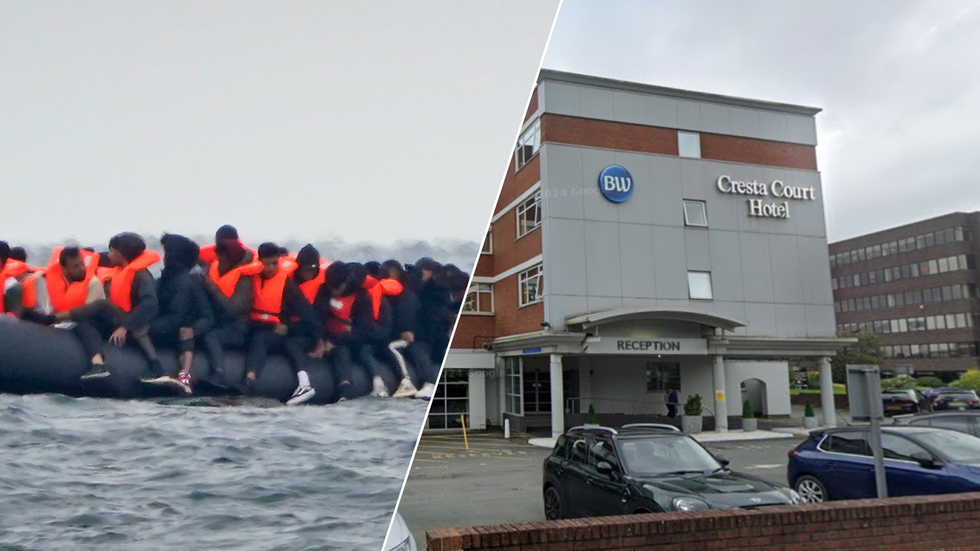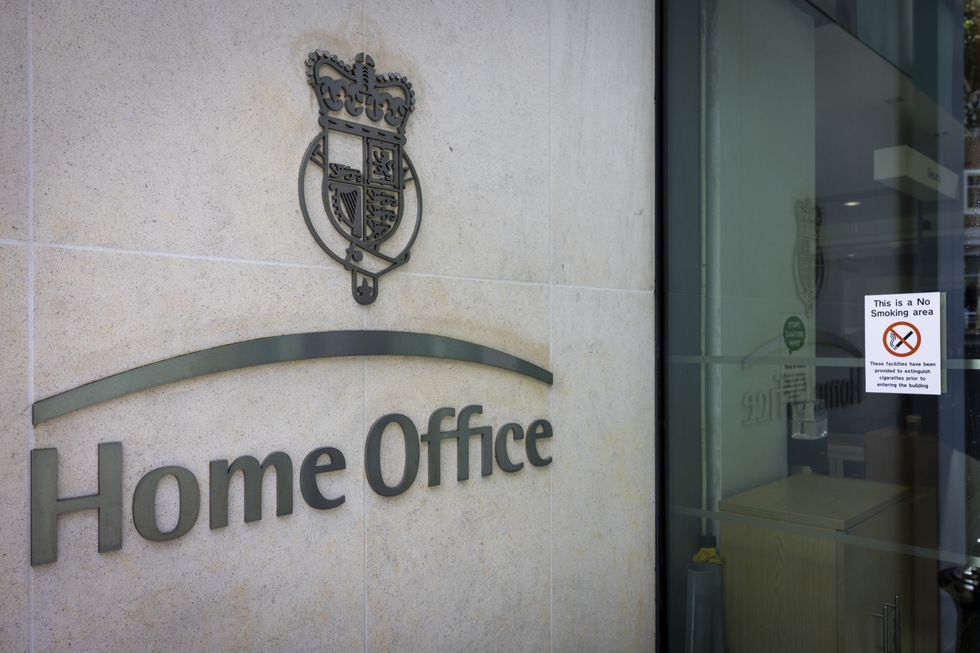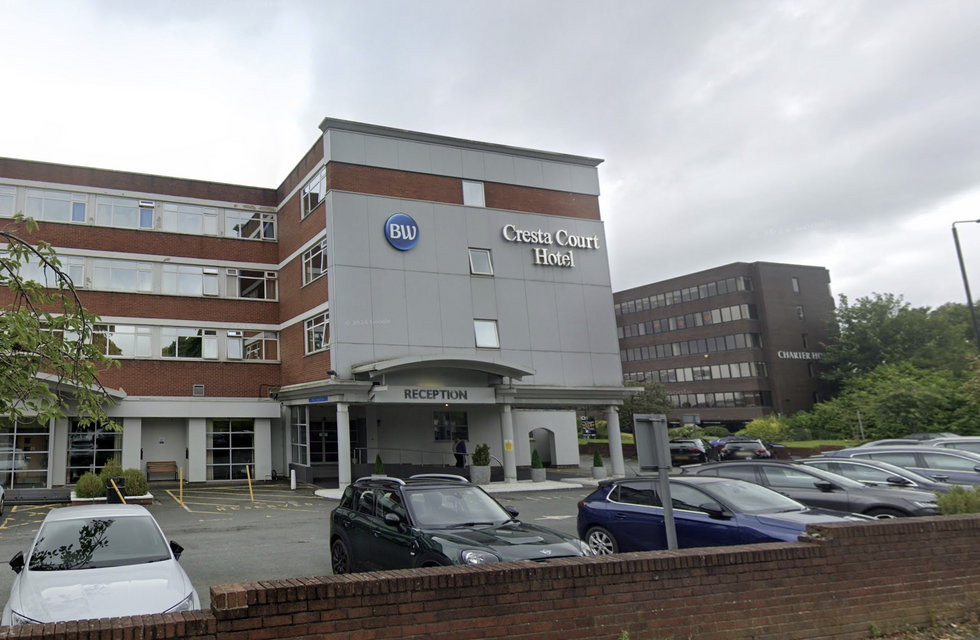Council row: Locals fuming as migrants ‘will be given private healthcare’ impacting area’s ‘stretched’ health services
A council meeting in Greater Manchester erupted into chaos after claims that hundreds of migrants would receive private healthcare despite local services being “very stretched.”
The heated scenes unfolded during a public meeting of Trafford Council, where residents voiced their outrage over healthcare provisions for asylum seekers housed at the Cresta Court Hotel in Altrincham.

The controversy centres around approximately 300 men who were recently moved into the hotel, which had abruptly cancelled thousands of existing bookings, including wedding receptions.
Conservative group leader Nathan Evans told concerned locals that the migrants had been contracted to a private “doctors’ system,” though he noted this was his understanding rather than a confirmed fact.

Government insiders quickly disputed these healthcare claims, telling reporters it was a “legal requirement” for migrants to receive healthcare treatment.
A Home Office source insisted asylum seekers were not receiving private healthcare but rather a “standard service”.
Cllr Evans claimed he discovered the healthcare contract last week, accusing Labour of maintaining a “wall of silence” over the situation.
The Conservative councillor later expressed his concerns about local healthcare pressures, stating: “We just had our Minor Injuries Unit at Altrincham Hospital closed. We’ve now 300 people on our doorstep.”
MORE LIKE THIS:
- People smuggler who boasted of making £1.5m facing jail after enterprise smashed
- Residents bemoan ‘information vacuum’ after hotel found to be housing migrants
- UK modern slavery claims reach record numbers as Vietnamese migrants fuel rise
“My understanding is that they are taking out a contract to support these people. Meanwhile, people here can’t get a doctor’s appointment,” he added.
During a church meeting about the situation, residents expressed significant concerns about safety and the lack of consultation regarding the hotel’s conversion.
One woman, her voice trembling, questioned whether the hotel was “effectively an open prison” near several local girls’ schools and a nursery.
Another resident voiced worries about her daughter’s safety at night, suggesting the men came from a country that “doesn’t value women.”
Meeting host Gwyneth Roper said: “I can’t say I agree or disagree with what’s going on because we’ve just been kept in the dark and treated like mushrooms.”

Community police officer Colin Dytor responded to concerns about curfews, stating: “We can’t just lock people up who haven’t committed a crime. We live in a very tolerant and open society.”
A Serco spokesperson, which runs the hotel, said “no decision” had been made regarding healthcare provisions for residents at the site.
The Home Office defended its broader approach, stating: “This government inherited an asylum system under unprecedented strain, with thousands stuck in a backlog without their claims processed.”
The spokesperson added they were taking “immediate action” to restart asylum processing, potentially saving £7billion over the next decade.
“We remain absolutely committed to ending the use of hotels for asylum seekers and continue to identify a range of accommodation options to minimise their use,” the Home Office spokesperson said.
Labour MP Connor Rand noted that background checks had been conducted on all men by the Home Office.

